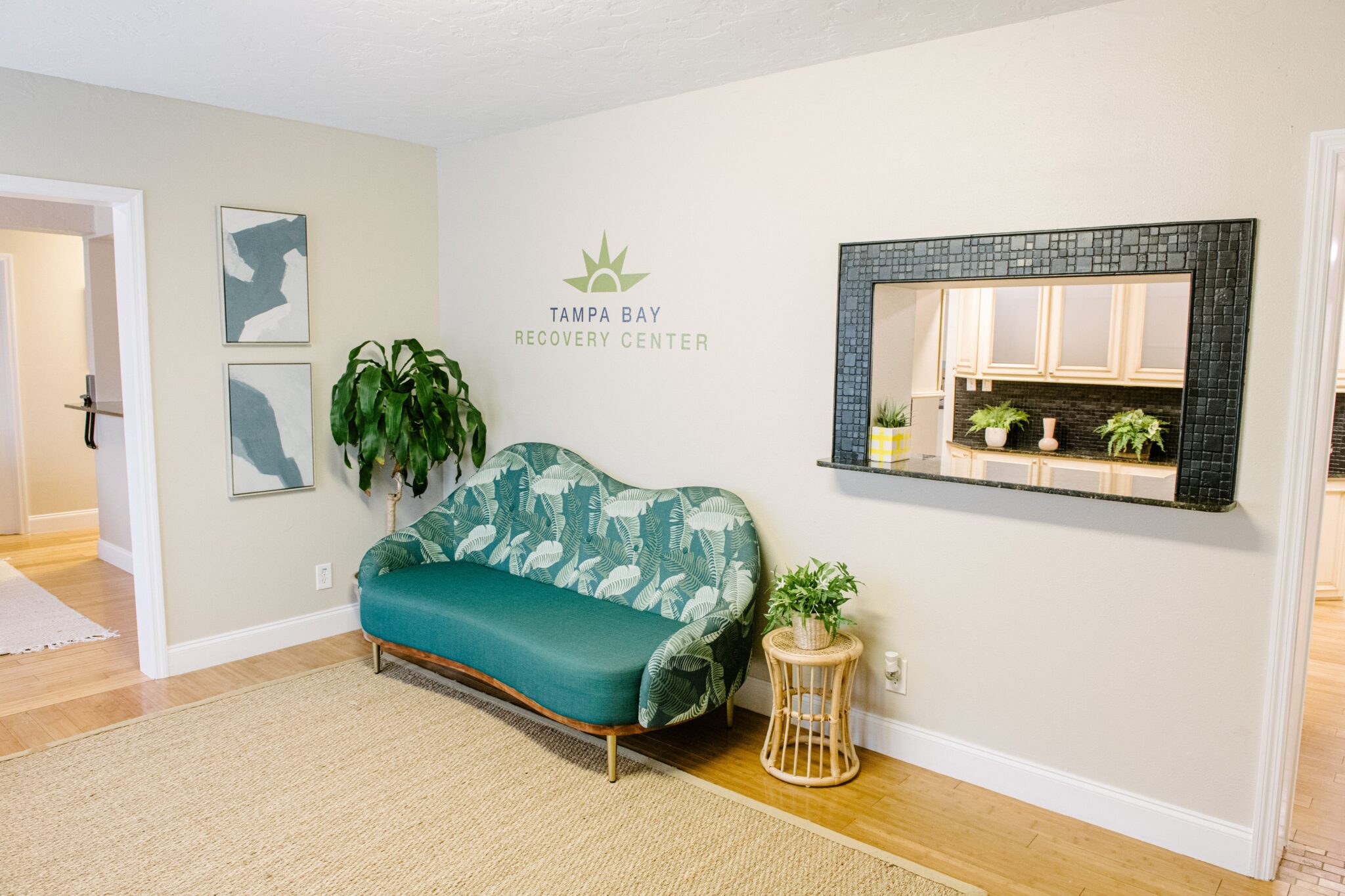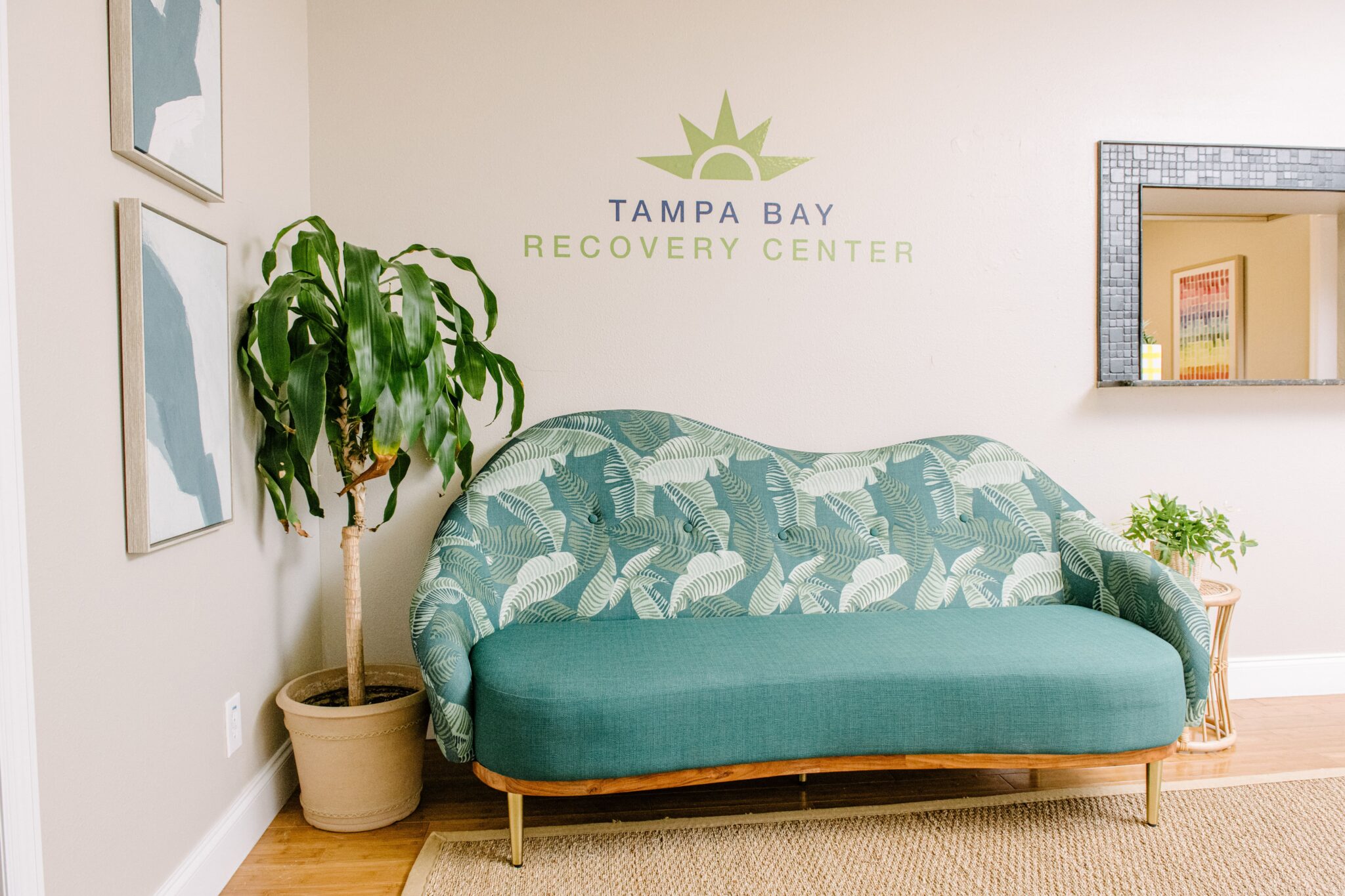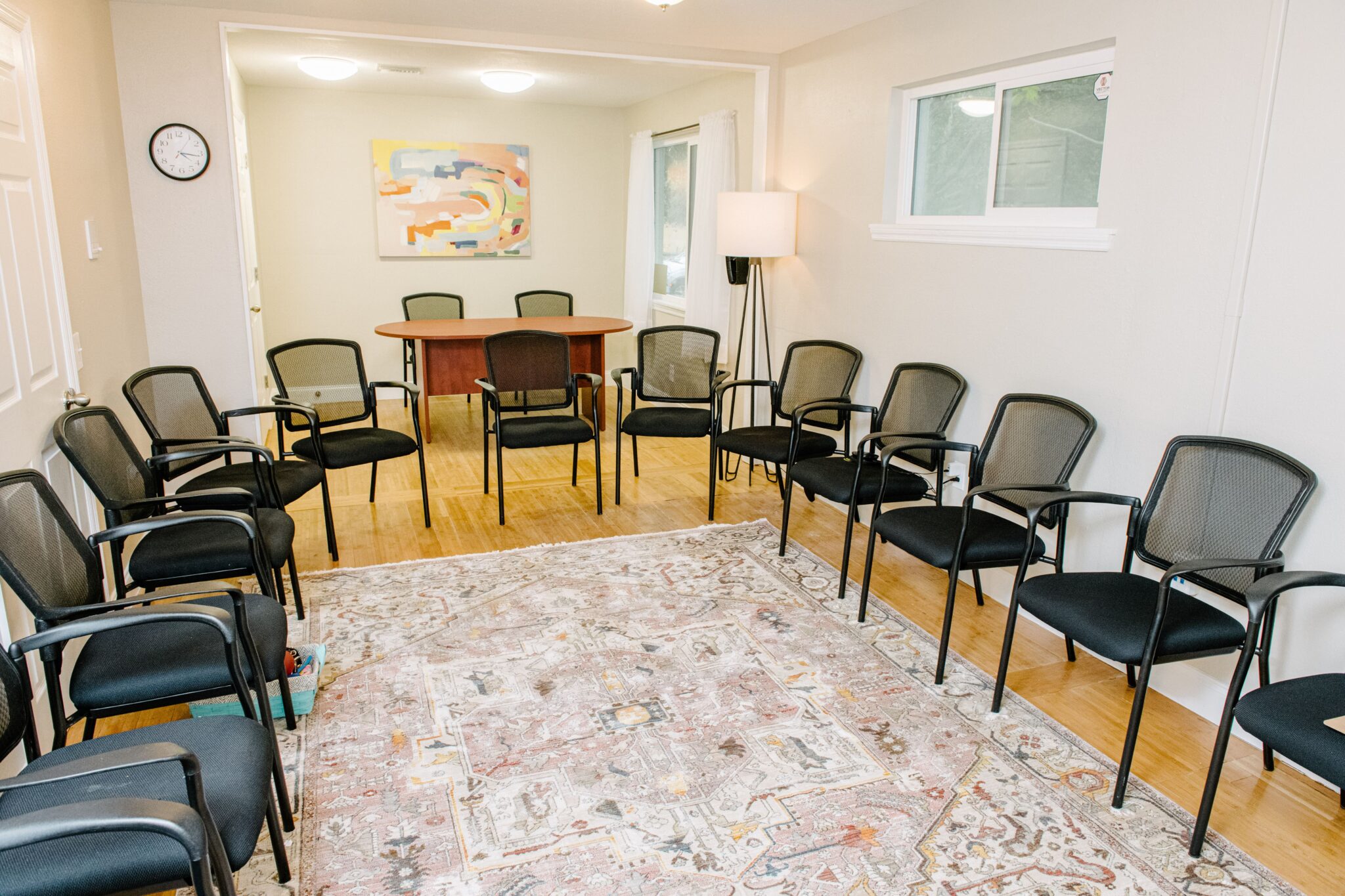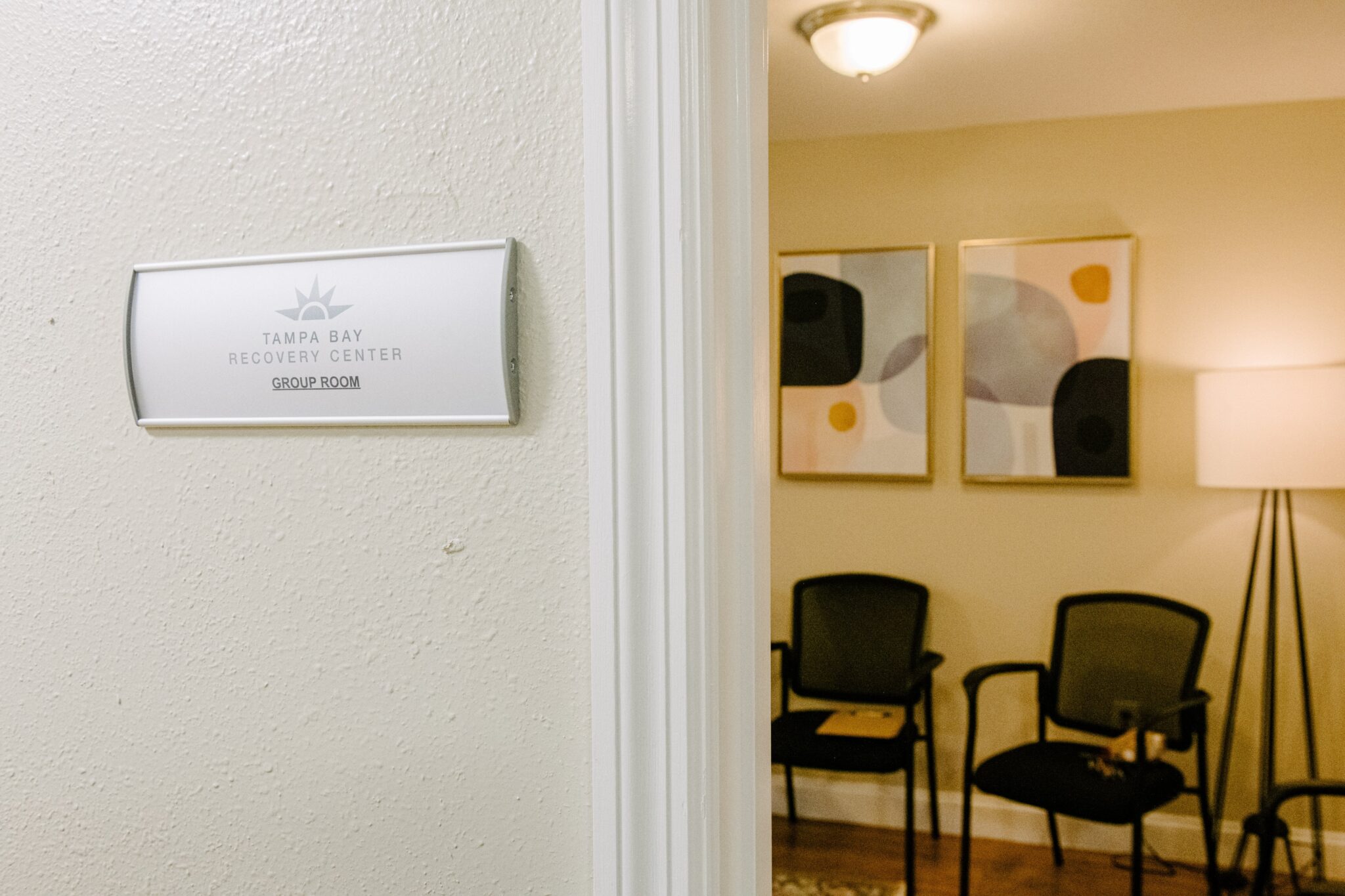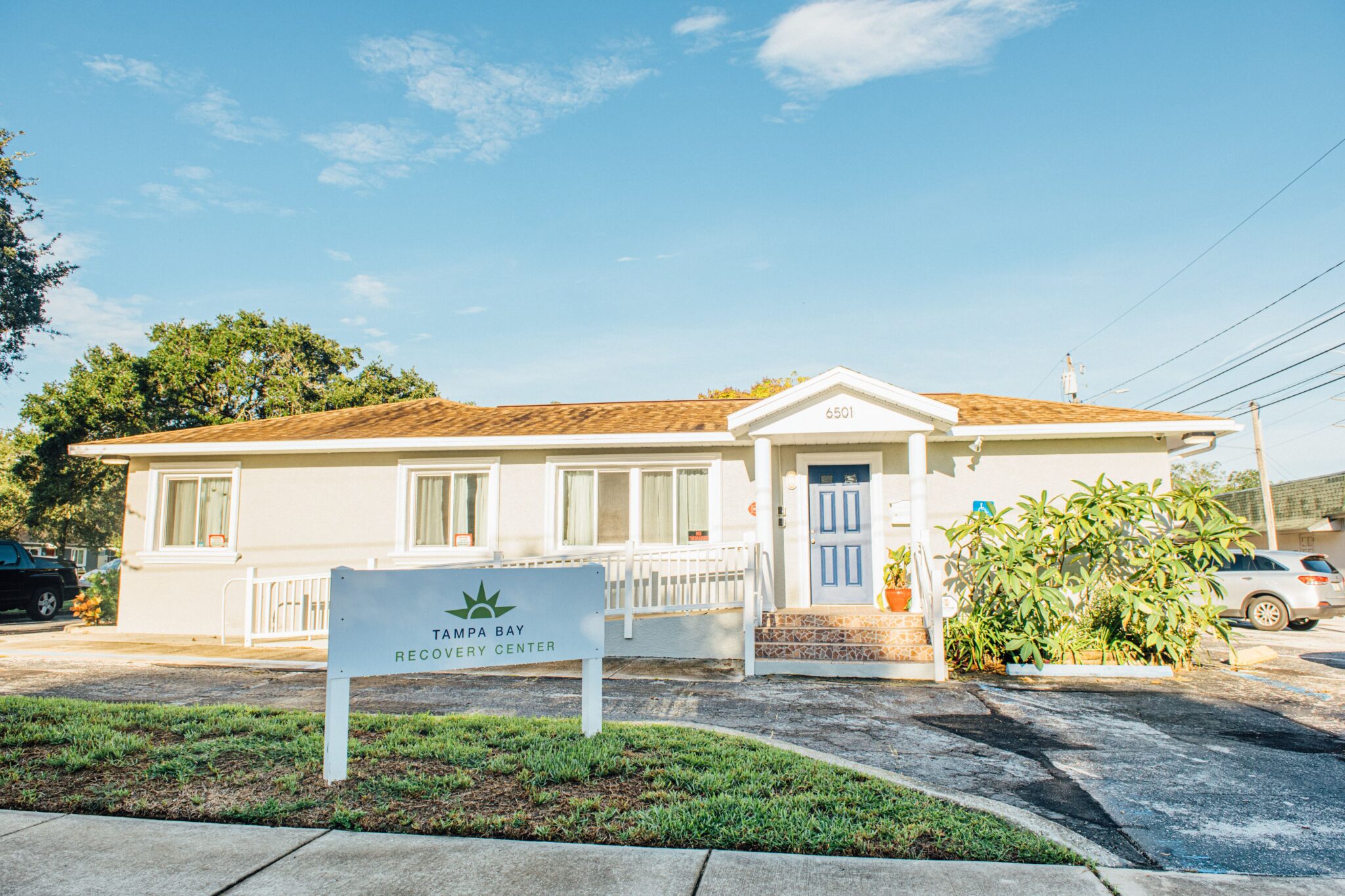Home Mental Health Dual Diagnosis Treatment in Tampa

Dual Diagnosis Treatment in Tampa: A Comprehensive Approach to Healing
At Tampa Bay Recovery Center, we believe that dual diagnosis should be the standard for addiction treatment, not the exception. Addiction and mental health disorders often go hand-in-hand, creating a cycle that can be difficult to escape without professional help. Whether mental health issues lead to substance abuse or substance use worsens mental health symptoms, addressing both conditions simultaneously is essential for lasting recovery.
Understanding Dual Diagnosis
A dual diagnosis, also known as a co-occurring disorder, refers to the presence of both a mental health condition and a substance use disorder (SUD). This means that individuals struggling with addiction often have an underlying mental health issue that needs treatment as well. Mental health disorders can exacerbate addiction, and addiction can worsen mental health symptoms, creating a vicious cycle that is difficult to break without comprehensive treatment.
At our Tampa facility, we specialize in dual diagnosis treatment, offering a comprehensive, evidence-based approach to help individuals manage both their mental health and addiction. If you or a loved one is struggling with a dual diagnosis disorder, call us today at (813) 733-8774 to start your journey toward recovery.
Why Dual Diagnosis Disorders Are Common
Dual diagnosis disorders are more common than many realize, often stemming from overlapping risk factors. Some reasons why they frequently co-occur include:
- Shared Causes: Both mental health disorders and addiction often arise from similar experiences, such as childhood trauma, abuse, or prolonged stress.
- Impact of Substance Use on the Brain: Drugs and alcohol affect brain chemistry, often leading to or worsening mental health conditions like anxiety, depression, and PTSD.
- Self-Medication: Many individuals with untreated mental health conditions turn to substances to cope with their symptoms, which can provide temporary relief but ultimately exacerbate both the mental health issue and the addiction.
According to the 2022 National Survey on Drug Use and Health (NSDUH), nearly half of the 46.5 million people who had a substance use disorder also had a co-occurring mental health disorder. Despite this, only 17% of individuals with dual diagnosis disorders received treatment for both conditions, underscoring the need for integrated care.
Common Mental Health Disorders in Dual Diagnosis
Any mental health disorder can co-occur with addiction, but some are more commonly associated with dual diagnosis, including:
- Anxiety Disorders: Chronic worry, panic attacks, and other anxiety symptoms can drive individuals to use substances as a coping mechanism.
- Attention-Deficit/Hyperactivity Disorder (ADHD): Impulsivity and difficulty focusing can lead individuals with ADHD to misuse substances.
- Depression: Persistent feelings of sadness, hopelessness, and fatigue can make individuals more vulnerable to addiction.
- Bipolar Disorder: The extreme mood swings of bipolar disorder, from manic highs to depressive lows, often result in substance abuse as a way to manage these shifts.
- Post-Traumatic Stress Disorder (PTSD): Individuals with PTSD may turn to drugs or alcohol to numb flashbacks, nightmares, and feelings of hypervigilance.
- Schizophrenia/Schizoaffective Disorders: These severe mental health conditions often lead individuals to self-medicate in an attempt to cope with hallucinations or delusions.
- Borderline Personality Disorder (BPD): Impulsivity, mood instability, and emotional distress can make individuals with BPD more likely to develop addiction issues.
Signs & Symptoms of Dual Diagnosis
Identifying a dual diagnosis disorder requires recognizing both the signs of mental illness and substance abuse. Symptoms vary depending on the specific disorders, but common signs include:
- Withdrawing from family and friends
- Drastic changes in mood or personality
- Lack of interest in previously enjoyable activities
- Neglecting personal hygiene and responsibilities
- Reckless or violent behavior
- Difficulty concentrating or following conversations
- Missing work or school without explanation
- Insomnia or excessive sleeping
- Changes in energy levels
- Excessive use of alcohol or drugs to cope with emotions
These symptoms often overlap between mental health disorders and addiction, making it essential to receive a comprehensive assessment from professionals who specialize in dual diagnosis.
Treatment Options at Our Dual Diagnosis Facility
At Tampa Bay Recovery Center, we offer a range of therapies designed to treat both mental health disorders and substance use issues simultaneously. Our goal is to provide individualized care that addresses the unique needs of each client. Treatment options include:
- Cognitive-Behavioral Therapy (CBT): This widely used therapy helps individuals identify and change negative thought patterns that contribute to both mental health symptoms and addiction.
- Dialectical Behavior Therapy (DBT): Focused on emotion regulation, distress tolerance, and interpersonal effectiveness, DBT helps individuals manage their mental health symptoms and cravings.
- Eye Movement Desensitization and Reprocessing (EMDR): EMDR is especially effective for individuals with PTSD, helping them process traumatic memories and reduce associated symptoms.
- Holistic Drug Rehab: Our holistic approach includes therapies like yoga, meditation, and acupuncture to treat the mind, body, and spirit as a unified whole.
- Red Light Therapy (RLT): This innovative therapy uses red or near-infrared light to alleviate symptoms of depression, anxiety, and other mental health conditions.
- Brainspotting: This trauma-focused therapy helps individuals process deep-seated emotional and behavioral issues, particularly those related to addiction and mental illness.
Our team of professionals is committed to offering a supportive and compassionate environment where individuals can recover from dual diagnosis disorders and regain control of their lives.
Do You Need Dual Diagnosis Treatment?
If you find yourself using substances to cope with mental health symptoms, or if you have experienced worsening mental health during withdrawal from drugs or alcohol, you may benefit from dual diagnosis treatment. At our Tampa facility, we offer a safe and welcoming environment where clients receive personalized care and develop effective long-term treatment strategies.
Find Help for Dual Diagnosis Disorders Today
Living with a dual diagnosis can feel overwhelming, but you don’t have to face it alone. At Tampa Bay Recovery Center, we provide evidence-based care to help you break the cycle of addiction and improve your mental health. Our comprehensive dual diagnosis treatment in Tampa is designed to offer hope and healing for those struggling with co-occurring disorders.
Contact us today to start your recovery journey and learn more about how we can help you reclaim your life.
Take Back Control:
Contact Us Now
Addiction and mental health disorder effects the lives of millions of Americans each year. Contact Creekside Recovery Group today to get the help you deserve.
TOUR
Tour Our Outpatient Detox Facility
Call 813-733-8774
Insurance Can Cover Up to 100% of costs
We Accept Most Insurance. Please Note We Are Not Affiliated With Or Endorsed By Insurance Companies.
CONTACT US
We Are Always Here For You
Our compassionate team is ready to assist you—contact us now for confidential support tailored to your needs!

